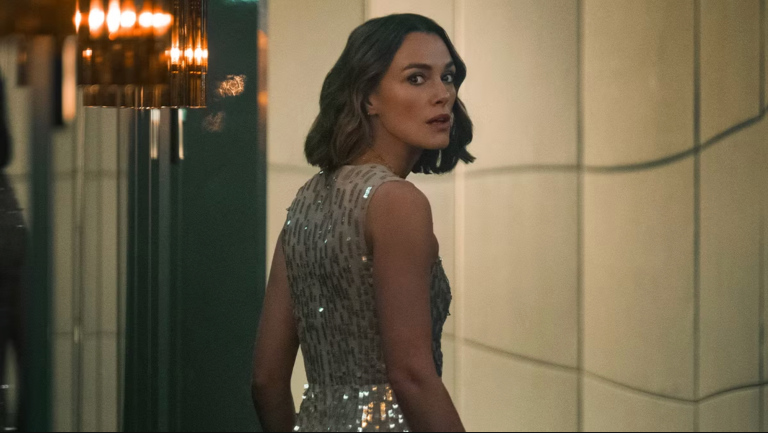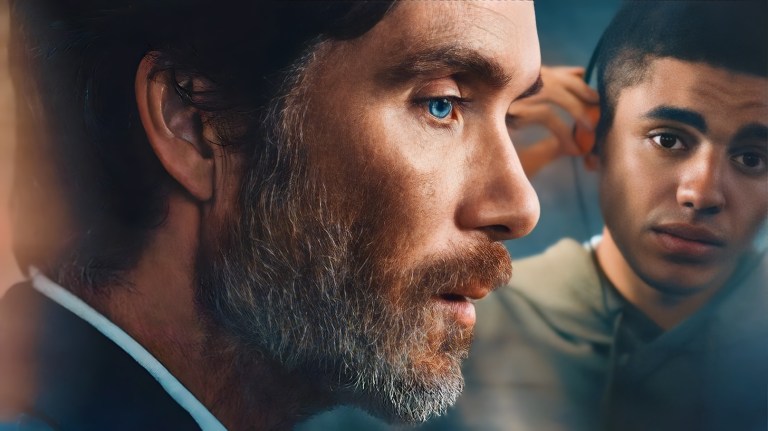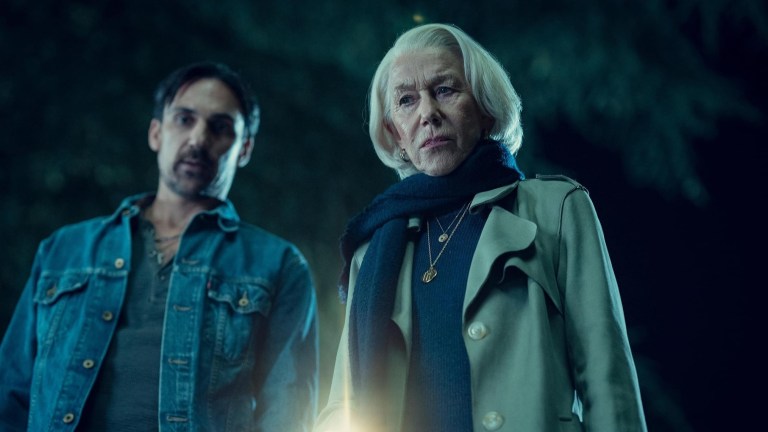
Fans Of ‘The Woman In Cabin 10’ Are Mad At The Keira Knightley Adaptation On Netflix
Some Netflix products are purposefully undemanding. We know this thanks to this piece of journalism from early 2025, in which the reporters interviews several writers of Netflix Originals:
Several screenwriters who’ve worked for the streamer told me a common note from company executives is [to] ‘have this character announce what they’re doing so that viewers who have this program on in the background can follow along.
As The Guardian later put it, Netflix might be “dumbing down” viewers.
And yet, Netflix’s latest #1 Movie on streaming, The Woman in Cabin 10, feels particularly like a “second screen show,” one meant to be watched as you clean lettuce out of your teeth with your front-facing camera. Based on a bestselling novel by Ruth Ware, the movie follows Keira Knightley’s journalist character as she unravels a potential murder mystery aboard a superyacht. But readers of the book are disappointed with its creative liberties, claiming it dumbs down the original story’s nuances in lieu of senseless action scenes.
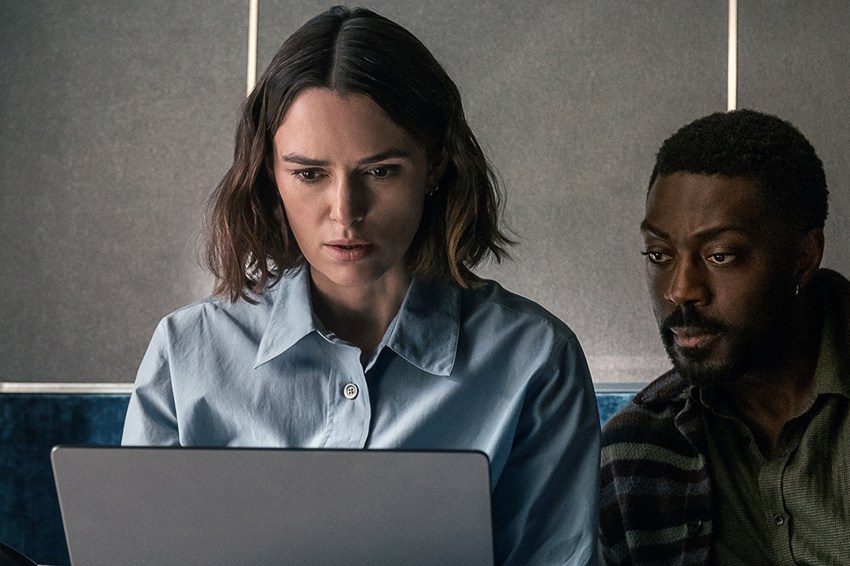
Here are some of the biggest critiques:
Shallow characters

Netflix’s movie is blessed with a stacked cast of interesting characters, but it doesn’t do much about them. The updated script, which strays far from the book, spends little time exploring people’s backstories. Instead, it settles for having rich people belittle Knightley’s character for much of the movie’s runtime.
“Perhaps a limited series would’ve been better to build out the supporting characters,” wrote one book reader on the site formerly known as Twitter. Meanwhile, IndieWire declared that “[the] film doesn’t spend nearly enough time with these fellow travelers.” Even viewers who haven’t read the book have found it incredible that the movie wasted Ted Lasso star Hannah Waddingham.
Too many inventions
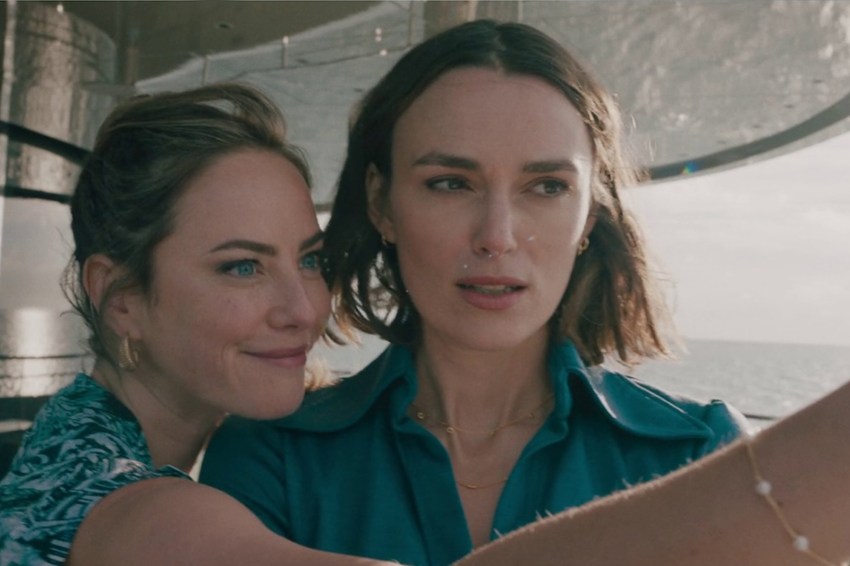
Normally, the only people who complain about a movie or series straying from its source material are Lord of the Rings and The Wheel of Time fans — especially when the change involves a queer or feminist character. However, if readers of a breezy, undemanding beach thriller are suddenly turning into “Hey, the book was better” fanboys, then you probably have a dud on your hands.
One of the biggest current critiques against The Woman in Cabin 10 is its completely fabricated Act 3, which never appeared in the book and which plays like an AI hallucination. Devoid of tension and logic, as well as that all-important ingredient in thriller — thrills — the invention falls like a thud. Clearly meant to be a noisy and uncomplicated distraction designed to keep doomscrollers half-paying attention, the change has angered several book readers.
“Idk why Ruth Ware signed off on this,” wrote one on Rotten Tomatoes. “There’s no reason to have made such complete changes to the story and make it so short. There’s zero character development.” Roger Ebert summarizes it as such: “The script falls victim to some indisputably dumb character behavior.”
No social conscience

One of the best things about the book, and this is coming from someone who’s read it, is its main character and her internal monologue. Yes, Lo suffers embarrassment at the hands of rich yacht passengers, but she also doubts herself over and over, thanks to some devious gaslighting and a generous helping of antidepressants.
The character says she witnessed a crime, but everyone around her implies that she imagined it thanks to her meds. At one point, she believes them. While the book is primarily a thriller, it also has plenty to say, or at least insinuate, about people’s unwillingness to believe women.
The movie loses all that, presumably because weighty scenes with prickly, thoughtful lines about misogyny would not be absorbed by someone learning a TikTok dance.
It doesn’t even say anything pointed about its yacht full of hypocritical richies. As Variety stated, “Any insightful commentary on the 1% protecting themselves is rendered rote with a wimpy, ludicrous dénouement.” It bears repeating that the dénouement was an invention solely for the screen. And it also bears repeating: Why did they do that, again? Sorry, I wasn’t paying attention when I explained it the first time. I was busy scrolling through Instagram and finishing my meal planning for the week.
What movie were we talking about, again?
